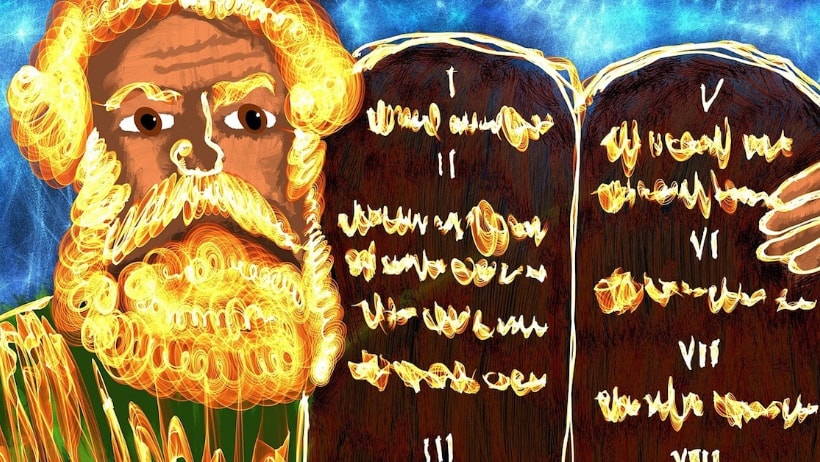Last year as Shiri rounded the corner of three-and-a-half, we realized we were in for trouble. She’s a wonderful, energetic, and fairly typical kid, which means big emotions, a strong will, and a pretty strong desire for autonomy. Any one of these qualities is a lot to handle in an emerging human who doesn’t quite yet possess the ability to self soothe or hear the word “no.” Now put them all together, and Duncan and I were exhausted and at a loss as to how to reign in this behavior.

After a particularly stressful week when we felt like all of the boundaries and rules we thought we had set were at best ineffective and at worst causing more harm than good, we sought outside help. We discussed the situation with her preschool teachers. Their suggestion? Create a list of expectations together as a family and mount them on the wall.
It was brilliant advice, and it was helpful to hear it from another source even if I’d thought of it myself a hundred times before putting it into practice. The Torah this week offers the same brilliant advice. This week we read Parshat Yitro, perhaps one of the most famous portions in the entire Torah. The central piece of the portion is the giving of the Ten Commandments by God to Moshe and the people Israel. We now have a set of laws to live by, a guide to being a people living outside the confines of slavery.
Parshat Yitro comes as the Israelites are still adjusting to their newfound freedom. Their attitudes and behaviors aren’t that far from a very strong-willed three-year-old. There are outbursts at perceived injustices, complaints at the choices that don’t seem to cater to their needs, and a whole lot of whining. God invites them to unify under ten simple rules on which to build their society, and the expectations were set and mounted for all to see. And it’s not really about the number. Ten might seem like a lot of rules or barely enough, depending on how you look at it. The one overall theme is about taking responsibility for our actions.
Perhaps the personal struggle I mentioned brings back memories of raising your own children or reminds you of a challenging moment as a teacher or friend. The bottom line is sometimes we need to be told to make good choices . . . and a visual aid never hurts.
-Rabbi Eve Posen
Source: All I Ask – Parshat Yitro 5778



